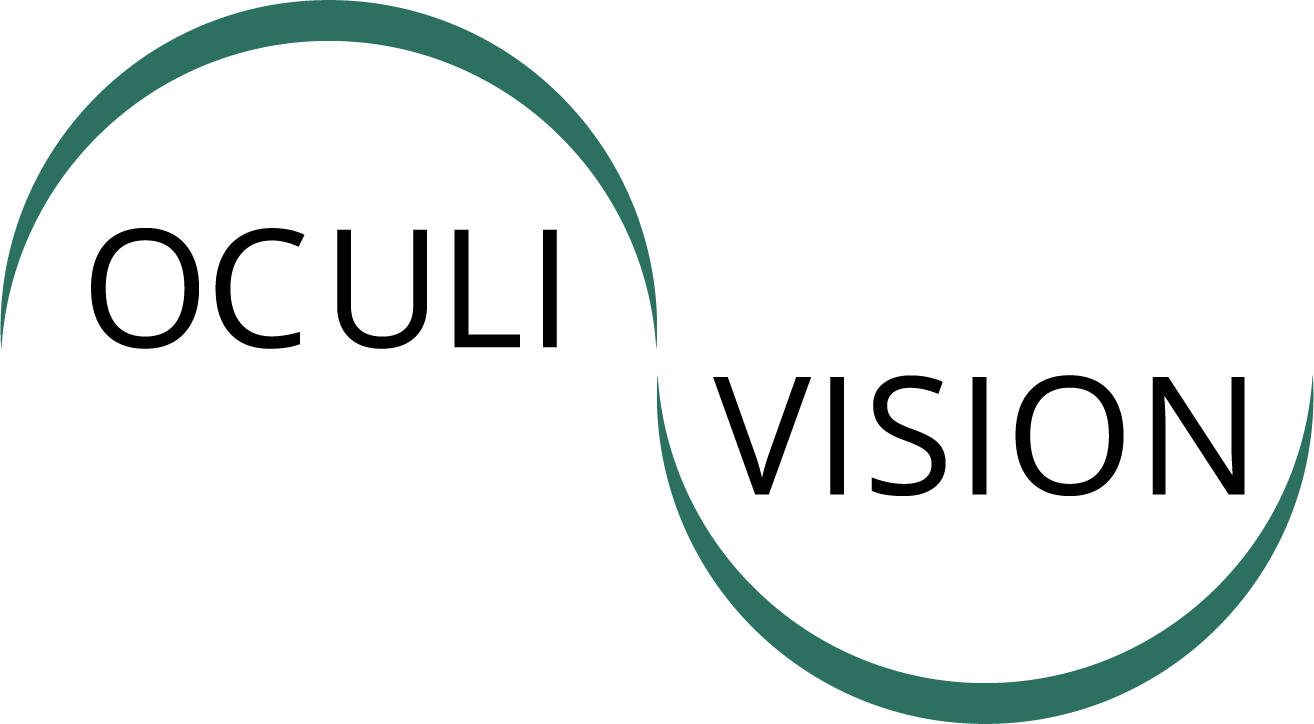Thyroid Eye Disease (TED), also known as Graves' ophthalmopathy or Graves' orbitopathy, is an autoimmune condition that affects a person’s eyes and surrounding tissues. TED carries a wide range of symptoms that significantly impact a person's vision and overall quality of life. So, today we’ll discuss and explore the symptoms, causes, and available treatment options of thyroid eye disease.
Understanding Thyroid Eye Disease
Thyroid Eye Disease is primarily caused by an abnormal immune response where the immune system mistakenly attacks healthy tissue around the eyes. The condition typically occurs in individuals diagnosed with hyperthyroidism, which is when an overactive thyroid gland produces excessive thyroid hormones. However, TED can also develop in individuals with a normally functioning thyroid or an underactive thyroid gland (hypothyroidism).
Causes of Thyroid Eye Disease
Thyroid Eye Disease occurs when the immune system mistakenly attacks the tissues and muscles around the eyes. This disorder's cause is likely related to an immune response triggered by TSH receptor antibodies (TRAb’s). These antibodies are produced due to hyperthyroidism, and their interactions with eye tissue receptors result in tissue damage and inflammation.
Symptoms of Thyroid Eye Disease
The symptoms of TED can vary in severity and even affect both eyes. Additionally, this disorder often leads to redness, swelling, and dryness. Many individuals with TED experience pain and pressure behind their eyes, often worsening with eye movements. Plus, any misaligned eyes can cause double vision (diplopia), making it challenging to correctly see and focus on objects. Lastly, TED can make eyes more sensitive to light, causing persistent discomfort in brightly lit environments.
Bulging eyes (proptosis) and other misaligned states are distinctive effects of TED. With proptosis, eyes appear to protrude from their sockets, causing a person's gaze to appear forward and stare-like. Additionally, TED can cause the upper and lower eyelids to retract, exposing more of the eye's surface than usual. This gives off a consistently startled and wide-eyed appearance.
Ocular Treatment Options
Thyroid Eye Disease treatments aim to manage any symptoms, reduce inflammation, and protect the eyes from long-term damage. All treatment approaches depend on the condition’s severity and the patient’s needs. Expert optometrists perform detailed eye examinations to diagnose eye diseases for their patients. These examinations are essential for establishing a baseline and monitoring any changes in eye condition over time.
Medications like prednisone are common prescriptions that can reduce inflammation and alleviate symptoms. In some cases, immunosuppressive medications may be used to reduce the immune system's response. Lastly, artificial tears and lubricants also help alleviate dryness and provide relief from eye discomfort caused by TED.
However, surgical intervention may be necessary in severe cases with significant eye protrusion or optic nerve compression. This surgery creates more space in the eye socket to improve eye alignment and alleviate any optic nerve pressure. If TED causes severe eyelid retraction, surgery may be recommended to reposition the eyelids and improve any eyelid retractions caused by the disorder.
Book an Expert Eyecare Checkup
Thyroid Eye Disease can significantly impact your vision and overall eye health. Seeking the expertise of an optometry clinic is instrumental in effectively managing any ocular condition. They can provide comprehensive eye examinations, prescribe appropriate eyewear, monitor your eye health, manage dry eyes, and collaborate with other eyecare professionals to ensure the best possible care. With proper guidance and support, you can navigate the challenges of TED and work towards optimizing your vision and ocular comfort.
Remember that regular checkups and open communication with your optometrist are crucial for managing TED successfully. If you’re looking for an optometrist that aims to improve every aspect of your vision, call us today to set up an appointment! We can address any concerns or questions and empower you to actively participate in your eye care journey.

